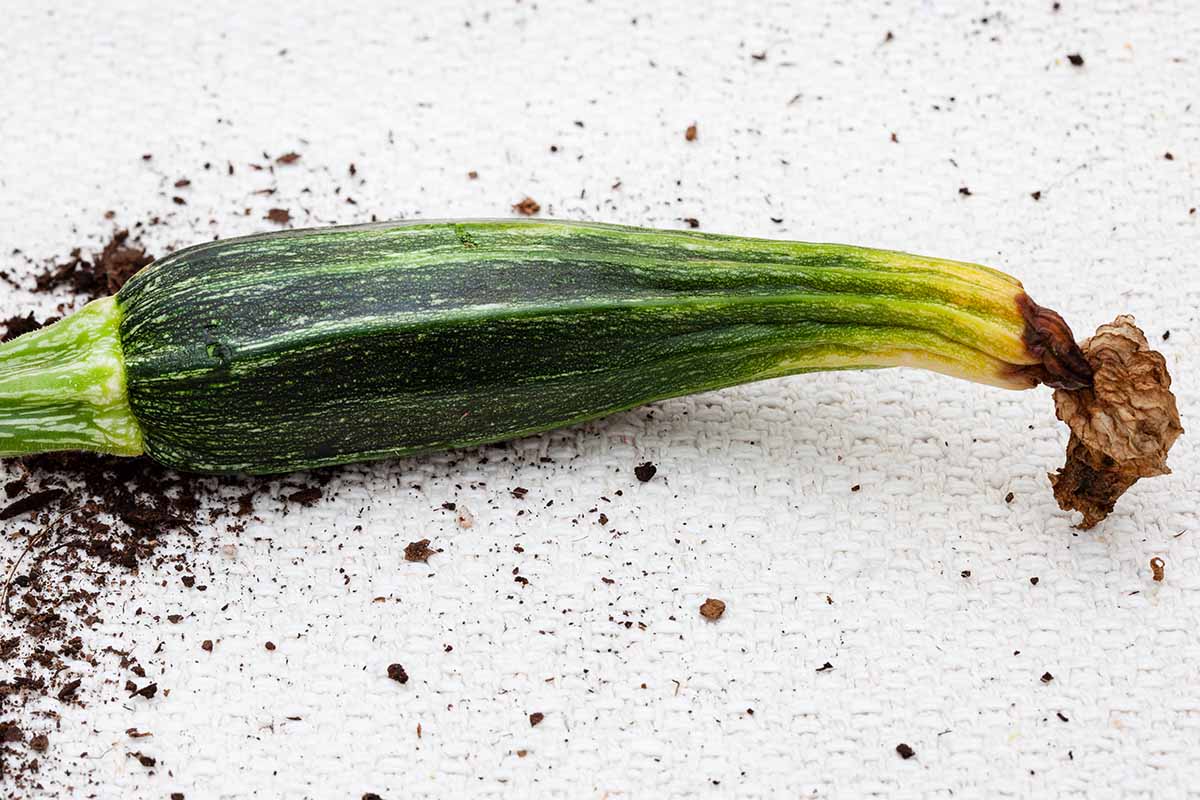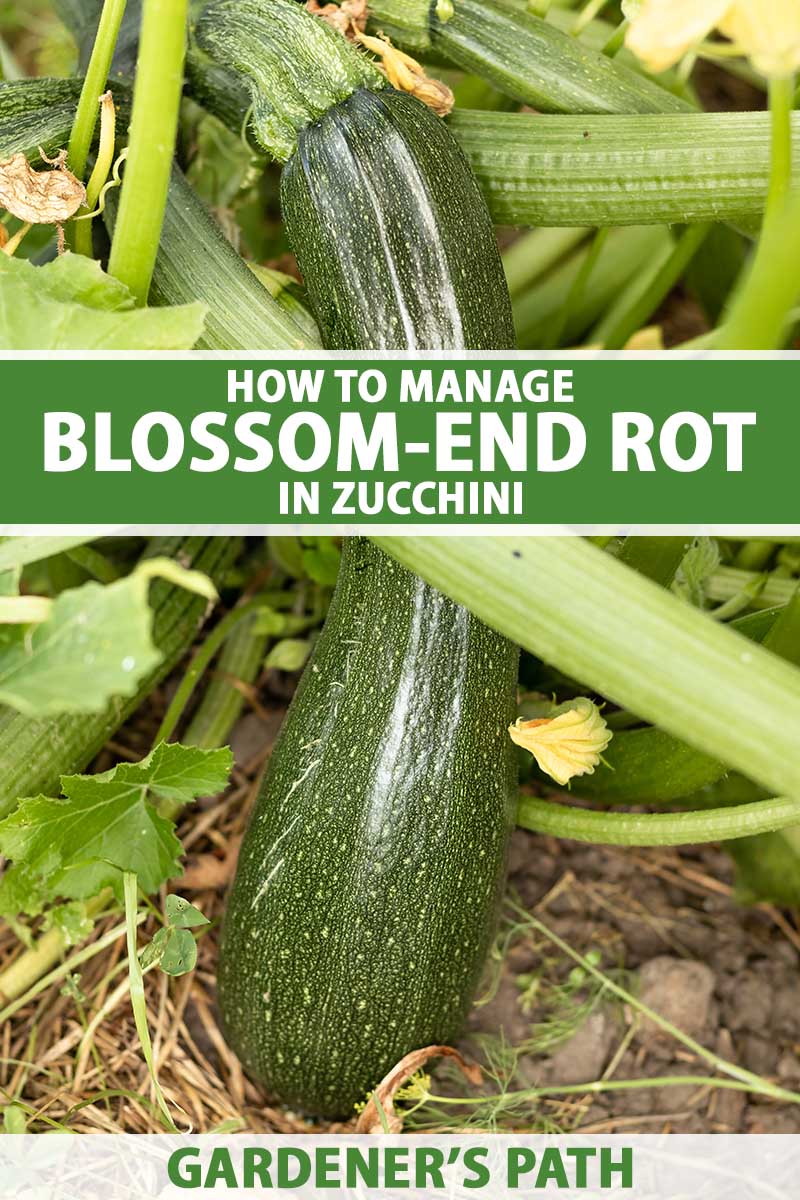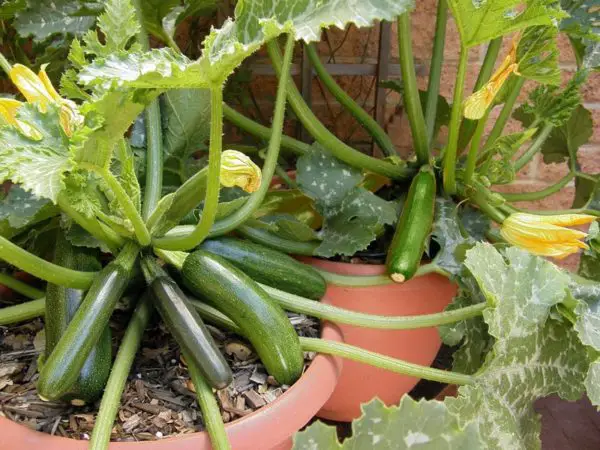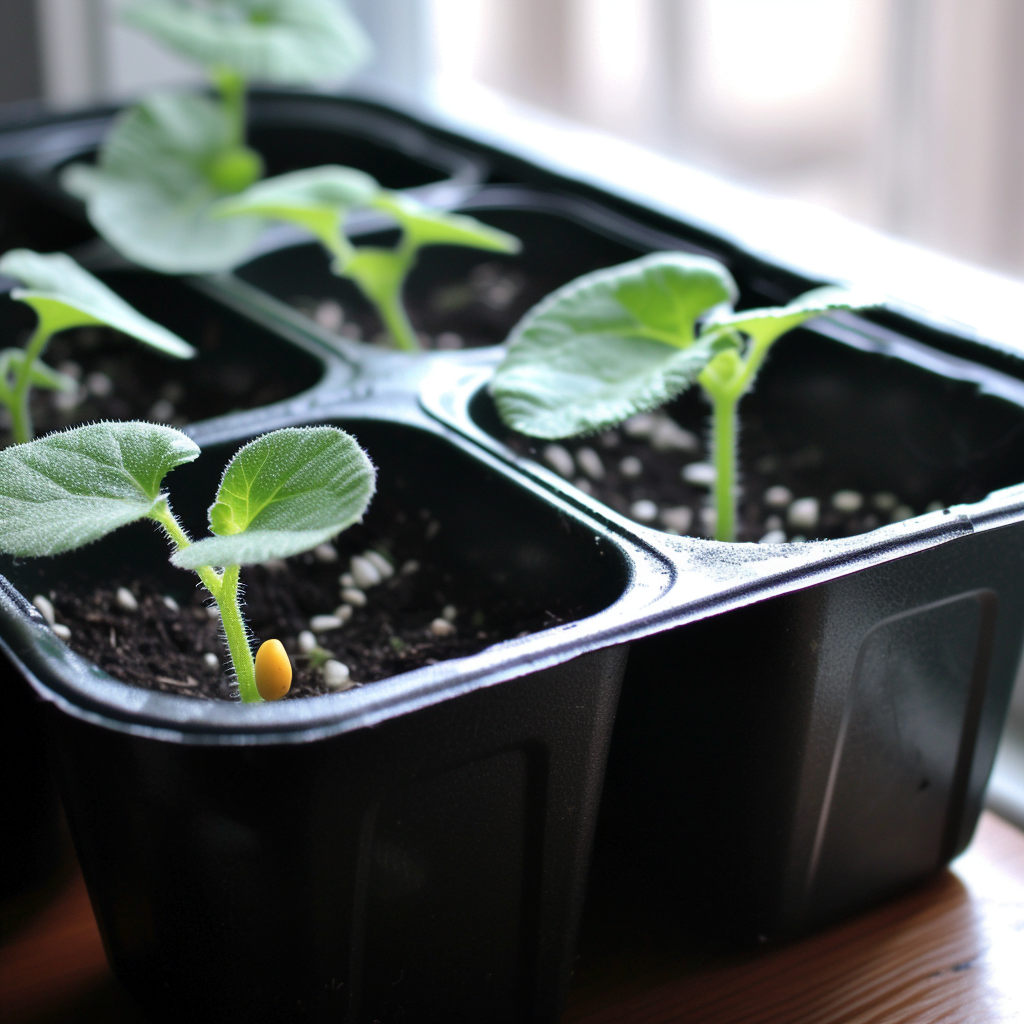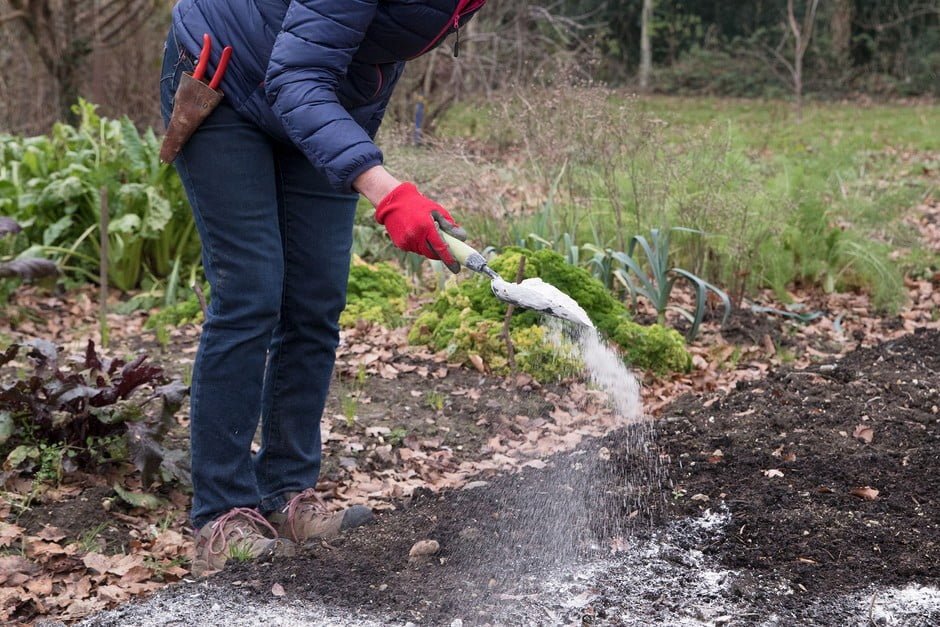Have you ever eagerly tended to your zucchini plants, nurturing them with care and anticipation, only to be disappointed by the sight of rotting fruit? Well, fret no more! In this article, we will uncover the reasons behind this frustrating phenomenon and provide you with practical tips to prevent your zucchinis from succumbing to rot. So, let’s roll up our sleeves, dig into the root of the issue, and ensure our zucchinis thrive to their full potential!
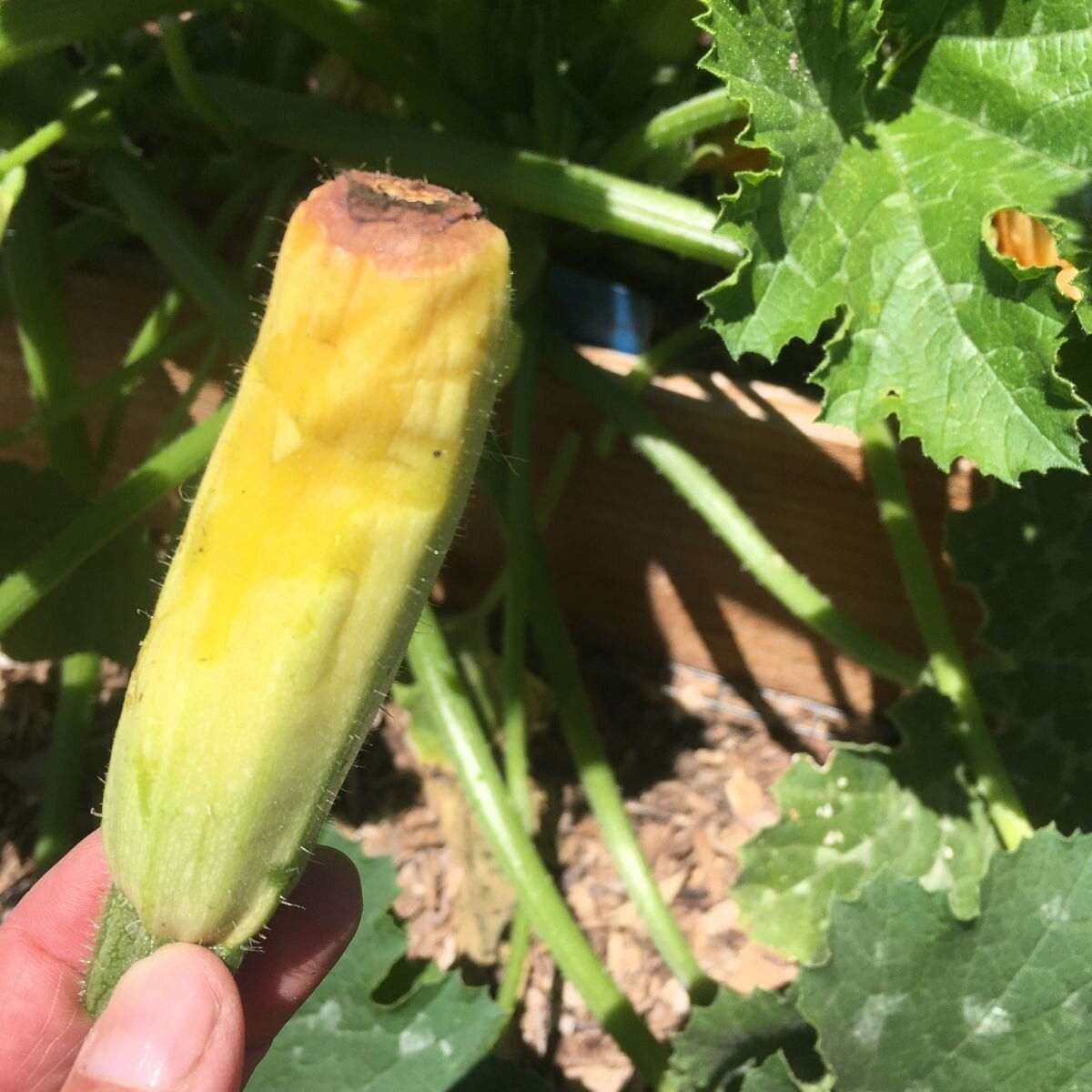
Common Causes of Zucchini Rot
Zucchinis are a popular vegetable to grow, but unfortunately, they can be prone to rotting. Understanding the common causes of zucchini rot is essential for any gardener looking to have a successful harvest. There are several factors that can contribute to zucchini rot, including blossom end rot, poor pollination, fungal diseases, and physiological disorders. By learning about these causes, you can take steps to prevent and manage zucchini rot effectively.
Blossom End Rot
Blossom end rot is a common cause of zucchini rot and is characterized by a dark, sunken spot at the blossom end of the fruit. This condition occurs when there is a calcium deficiency in the developing fruit. It is often caused by inconsistent watering or insufficient availability of calcium in the soil. When the plant lacks calcium, it cannot transport it to the growing fruit, leading to rotting.
Poor Pollination
Another common cause of zucchini rot is poor pollination. Zucchinis rely on pollinators, such as bees, to transfer pollen from the male flowers to the female flowers. If there is a lack of pollinators in your garden or unfavorable weather conditions, the zucchini flowers may not be adequately pollinated. As a result, the fruit may begin to rot and wither.
Fungal Diseases
Fungal diseases, such as powdery mildew and downy mildew, can also contribute to zucchini rot. These diseases can thrive in warm, humid conditions and can cause the fruit to develop dark spots or become mushy. Fungi can spread quickly in a crowded garden with poor air circulation, so it is essential to monitor and manage these diseases promptly.
Physiological Disorders
Zucchinis can also be affected by physiological disorders, which are non-infectious conditions that affect the growth and development of the fruit. Factors such as temperature fluctuations, excessive heat, or low humidity can lead to these disorders. One common physiological disorder is called “hollow heart,” where the center of the zucchini becomes hollow and can lead to rotting.
Preventing Zucchini Rot
Prevention is key when it comes to avoiding zucchini rot. By implementing proper practices in your garden, you can significantly reduce the risk of your zucchinis rotting. Here are some essential steps to take:
Proper Watering
Consistent and adequate watering is crucial to prevent zucchini rot. Avoid overwatering or underwatering your zucchini plants, as both can contribute to the development of rot. Generally, the soil should be kept evenly moist, but not saturated or excessively dry. Mulching around the plants can help retain moisture in the soil.
Fertilization
Providing your zucchini plants with the proper nutrients is important for their overall health and resistance to rot. Use a balanced fertilizer that contains essential nutrients like nitrogen, phosphorus, and potassium. It is a good practice to apply fertilizer before planting and periodically throughout the growing season according to the manufacturer’s instructions.
Good Air Circulation
Proper air circulation is vital to prevent the growth and spread of fungal diseases. Avoid planting zucchini plants too close together, as this can create a dense environment where fungi thrive. Prune any dense foliage or branches that may impede airflow. This will help keep the leaves dry, reducing the risk of fungal infections.
Mulching
Mulching can serve multiple purposes in preventing zucchini rot. Adding a layer of organic mulch around the base of the plants helps control weeds, retains moisture, and regulates soil temperature. Proper mulching can keep the zucchinis healthy and minimize stress, reducing the risk of rotting.
Regular Harvesting
Harvesting zucchinis at the right time is crucial to prevent them from rotting. Regularly check your plants and harvest any mature zucchinis promptly. Leaving mature fruits on the vine can divert energy from developing fruits, making them more susceptible to rot. Harvesting consistently will also encourage the plant to produce more fruits throughout the growing season.
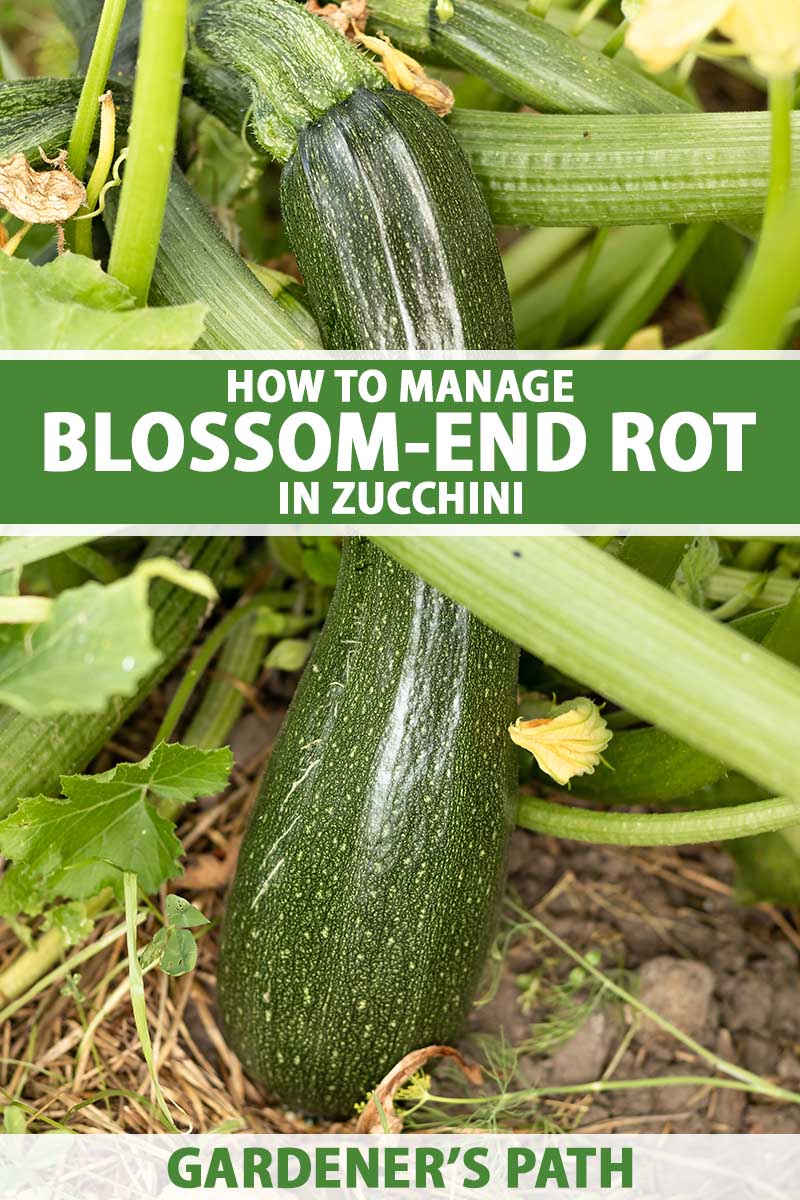
Detecting and Managing Zucchini Rot
Even with proper prevention measures in place, zucchini rot can still occur. It is essential to be proactive in detecting and managing the issue to minimize damage to your crop. Here are some steps you can take:
Identifying the Problem
Regularly inspect your zucchini plants for any signs of rot. Look for dark spots, mushy texture, or any unusual discoloration on the fruits. Take note of the symptoms and identify the specific type of rot affecting your zucchinis. This will help you determine the most appropriate course of action.
Removing Affected Zucchinis
Once you have identified any rotting zucchinis, it is crucial to remove them from the plant immediately. Be sure to properly dispose of the affected fruits to prevent the spread of diseases or fungi. This can help prevent further damage and allow the plant to focus its energy on healthy fruit production.
Treating Fungal Diseases
If your zucchinis are affected by fungal diseases, there are several steps you can take to manage the issue. First, remove any infected foliage or fruits from the plant. This will help prevent the disease from spreading. Next, apply an appropriate fungicide according to the product instructions. Be sure to follow safety precautions when using fungicides and consider organic options if desired.
Preventing Blossom End Rot
To prevent blossom end rot, it is crucial to address the underlying calcium deficiency and water management issues. Ensure that your zucchini plants receive consistent and adequate water, avoiding both under and overwatering. Test your soil regularly to monitor its pH levels and calcium content. If your soil is lacking in calcium, you can add supplements or amendments to increase its availability to the plants.
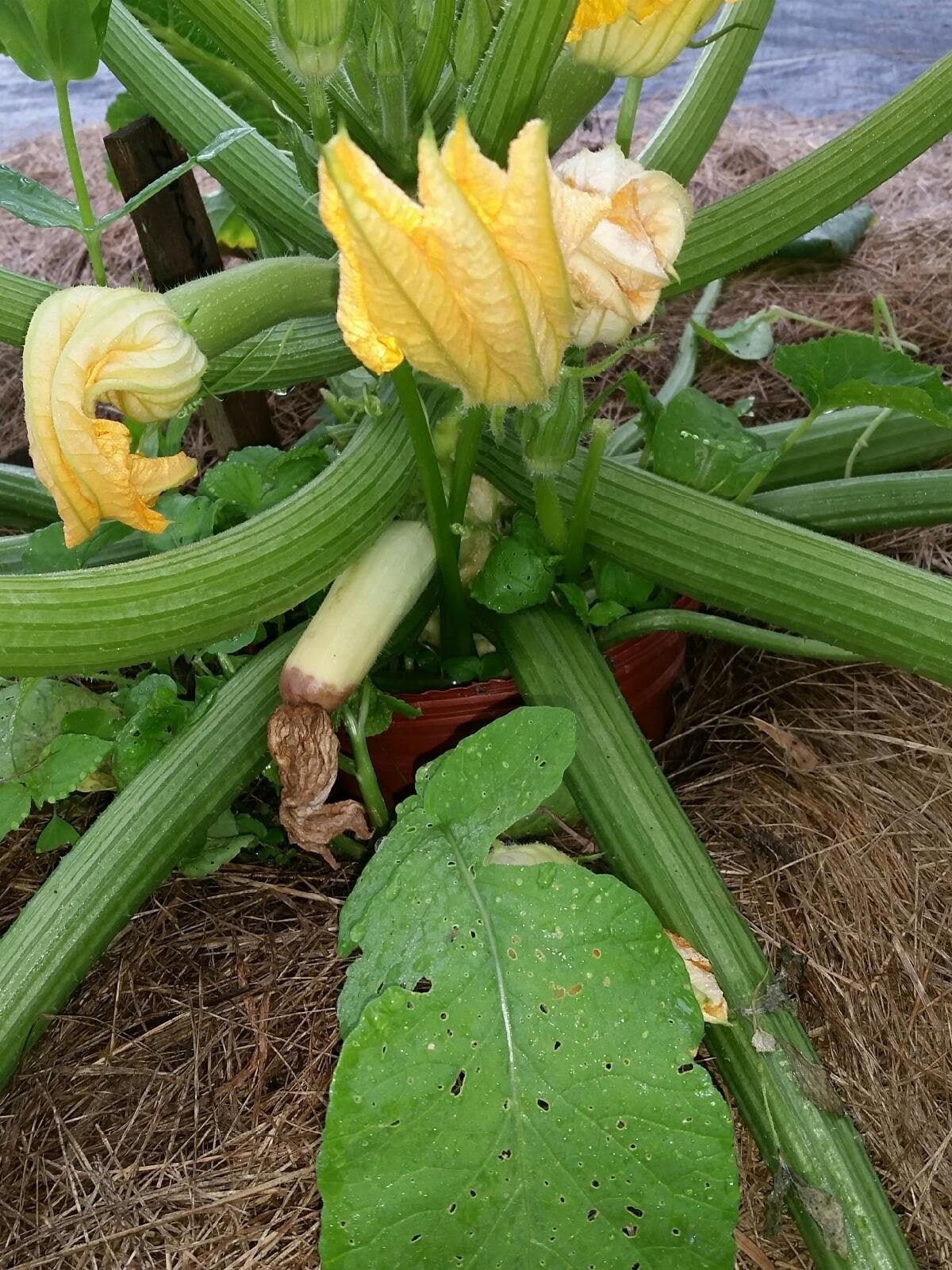
Conclusion
Zucchini rot can be frustrating for gardeners, but with proper understanding and preventive measures, it can be effectively managed. By addressing common causes like blossom end rot, poor pollination, fungal diseases, and physiological disorders, you can minimize the risk of your zucchinis rotting. Implementing practices such as proper watering, fertilization, good air circulation, mulching, and regular harvesting can significantly contribute to the health and productivity of your zucchini plants. Be proactive in detecting and managing zucchini rot by identifying the problem, removing affected fruits, treating fungal diseases, and preventing blossom end rot. With these strategies in place, you can enjoy a bountiful harvest of healthy and delicious zucchinis. Happy gardening!
